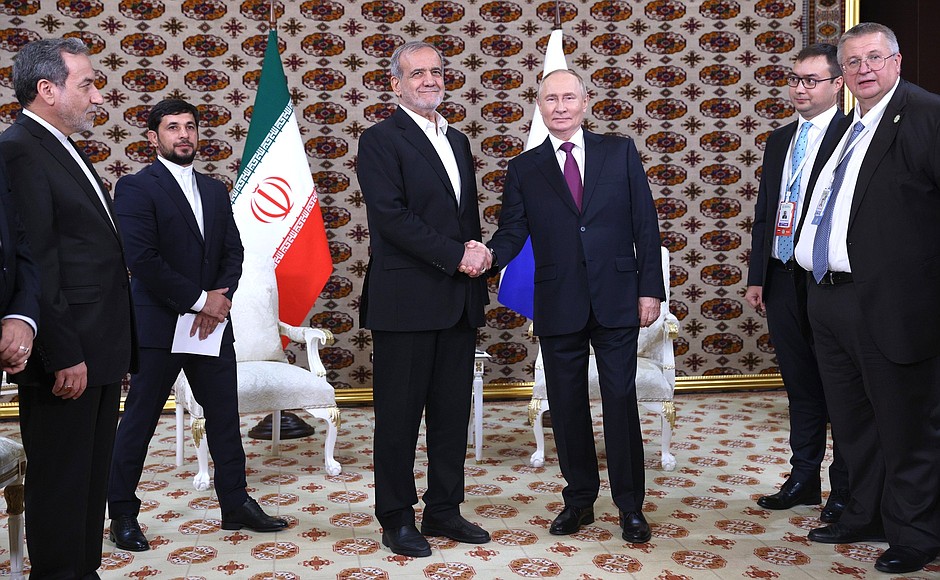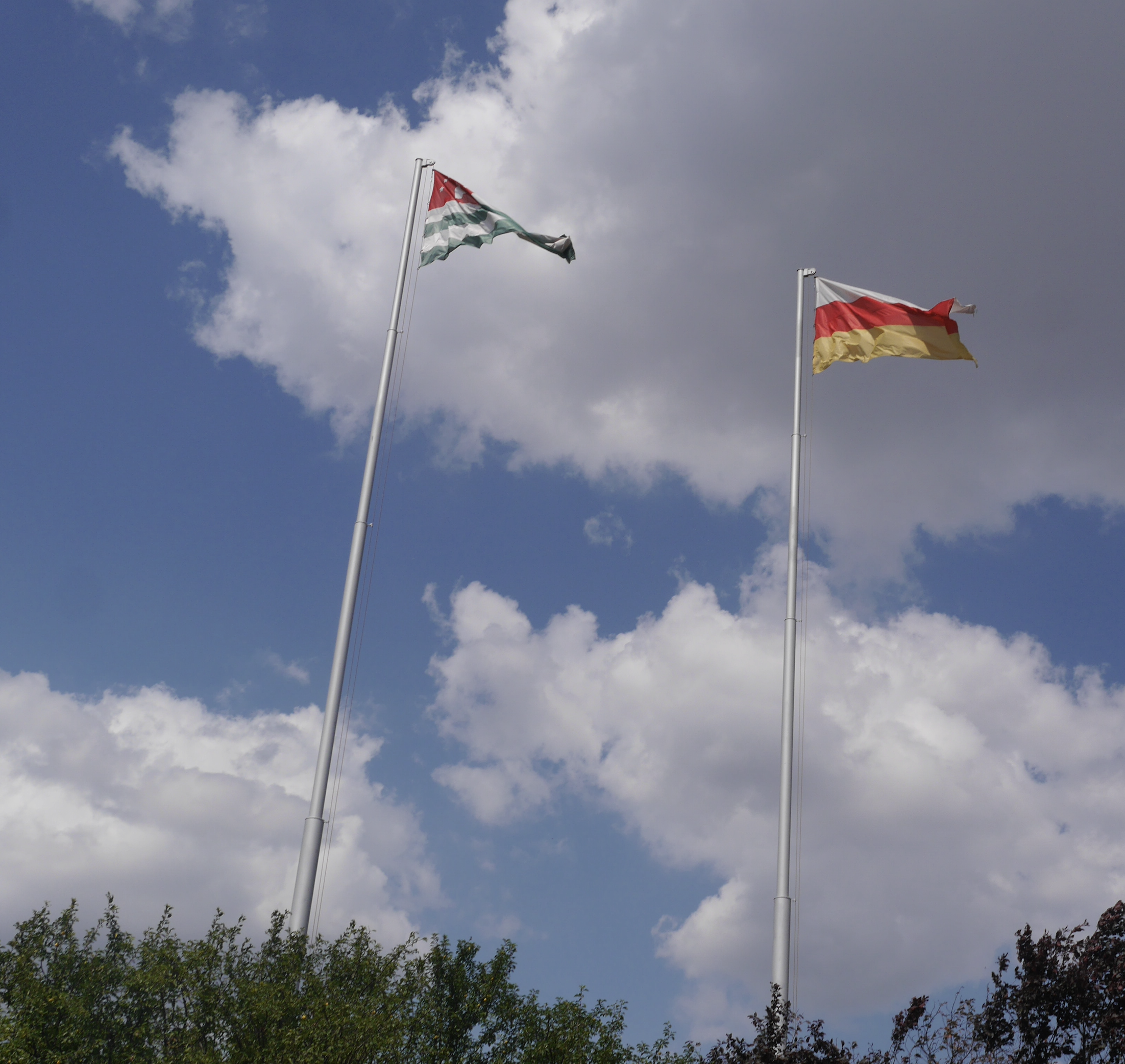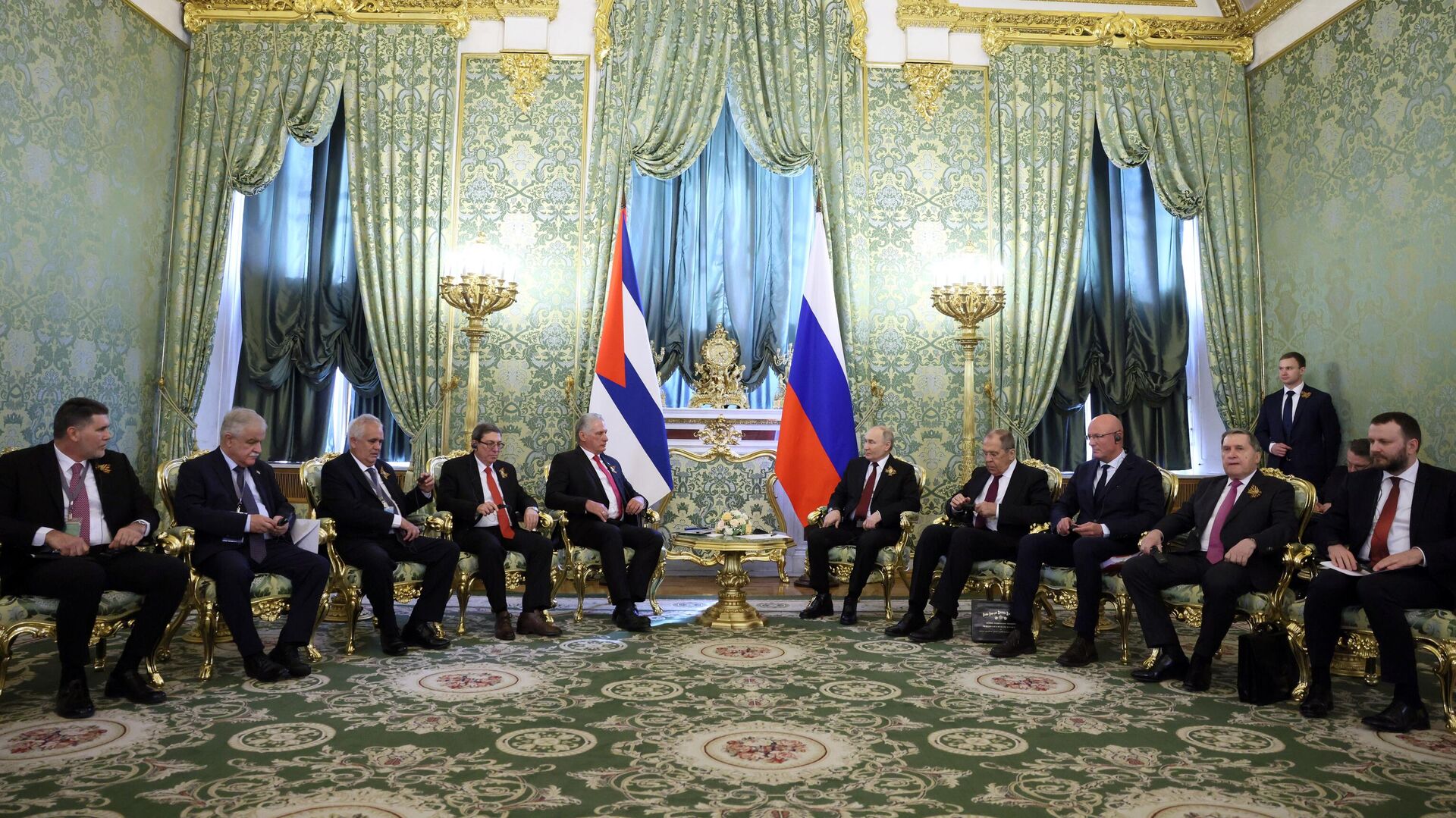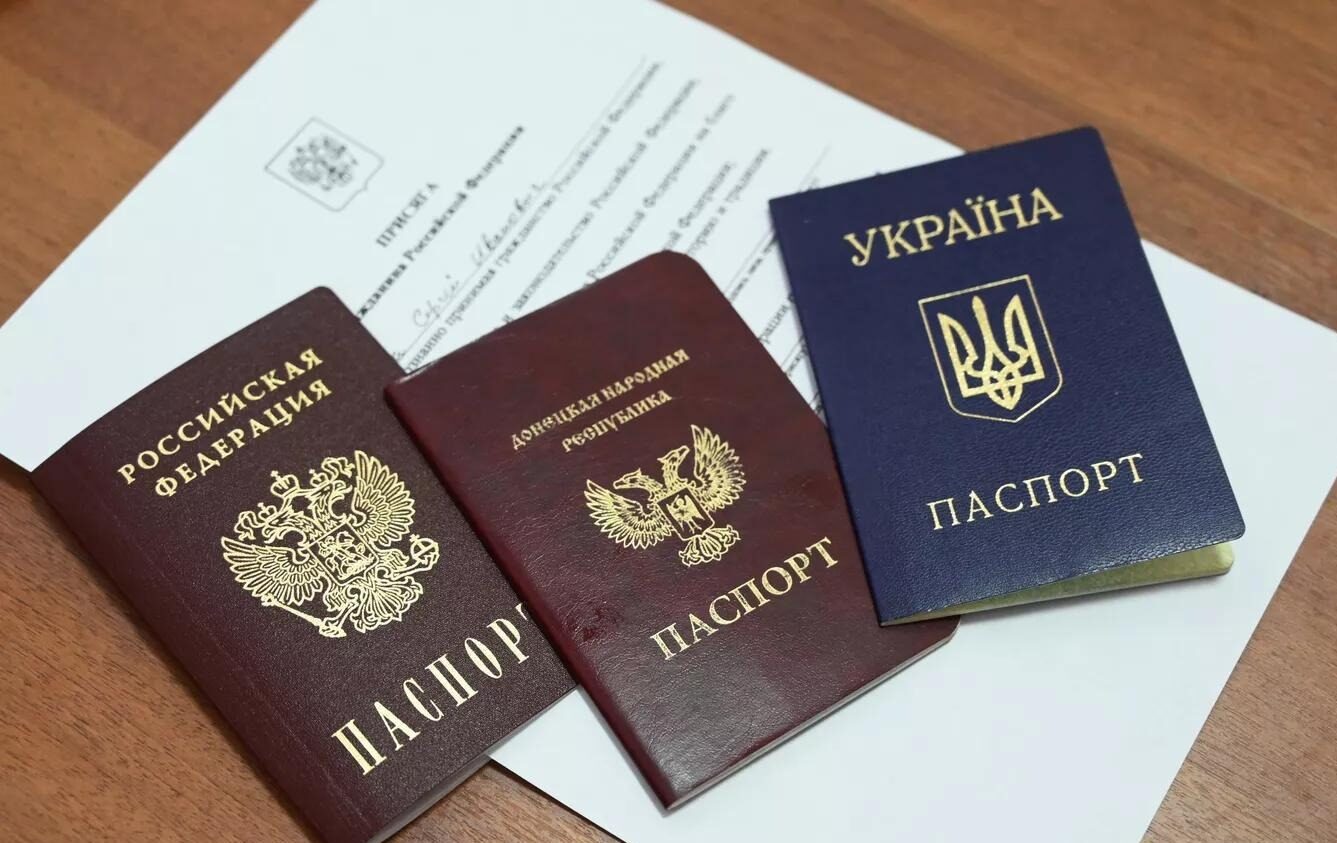
Unwinnable Wars, Risks of Escalation, and the Nuclear Taboo
Unwinnable Wars, Risks of Escalation, and the Nuclear Taboo
Executive Summary:
- This year’s Nobel Peace Prize was awarded to Hiroshima and Nagasaki survivors, underscoring the importance of preserving the international norm against the first use of nuclear weapons amid Russia’s increasing nuclear brinkmanship.
- Putin has placed himself into an awkward position where his frequent nuclear brinkmanship and warnings about the growing risk of a direct military clash between Russia and NATO are perceived as ritualistic figures of speech.
- Russia aspires to be a key player in a multi-polar world, but its aggression against Ukraine undercuts and compromises its status, aligning the country with rogue states such as Iran and North Korea.
The announcement of the Nobel Peace Prize on October 11 coincided with a dangerous phase in two long wars—Israel’s war against Hamas and Hezbollah and Russian President Vladimir Putin’s war on Ukraine—that are both poised for escalation. Israel is set to deliver a strike on Iran in retaliation for the largest-ever attack by some 180 Iranian ballistic missiles, which primarily targeted Israeli airbases—and scored very few hits (TopWar.ru, October 8). Russia is pondering potential responses to Ukrainian long-distance strikes with Western weapon systems; this has not yet been authorized, but such a move is seen as inevitable by Moscow (Nezavisimaya Gazeta, October 9). The Norwegian Nobel Committee elected to hail a Japanese non-governmental organization’s project of preserving the tragic memory of Hiroshima and Nagasaki. This points at the crucial importance of preserving the “nuclear taboo”—the international norm against the first use of nuclear weapons (Kommersant, October 11).
The Nobel Prize decision was announced during Russian President Vladimir Putin and Iranian President Masoud Pezeshkian’s meeting in Ashgabat, Turkmenistan, to discuss the finalization of a treaty on advanced strategic partnership and the expansion of military ties, the latter of which both parties denied (Izvestiya, October 11). By coincidence, another dictator—Kim Jong Un of North Korea—found the same day opportune for sending an “ultimatum” to South Korea to reinforce his earlier statements about the country’s readiness to use nuclear weapons (Interfax, October 4; RBC, October 11). These three autocrats cannot form anything resembling an alliance because their fundamental interests are exclusively about their own survival and grasp on power, but they have much in common. This is especially so with regard to their urge to assert that each rogue country’s aggressive behavior will not be deterred by Western resolve to punish transgressions against international norms, including the nuclear taboo.
These leaders feel safe to make these bold statements as they do not fear Western retaliation. Kim Jong Un made this bluff in the belief that the United States and its allies see the modernization of the Chinese strategic arsenal as their main threat in the current environment (Nezavisimaya Gazeta, September 25). Kim Jong Un may even find comfort in the stern warning the Russian Foreign Ministry issued to Japan concerning the forthcoming joint US-Japanese military exercises (TASS, October 11). Pezeshkian has only a limited say on Iran’s official nuclear doctrine and possible escalation because, in Iran, the power of decision belongs to the Supreme Leader Ali Khamenei and the subordinated leaders of the Islamic Revolutionary Guard Corps (Izvestiya, October 8). Additionally, Pezeshkian is confident that Russia would do nothing in practical terms to aid his country against any strike from Israel (Carnegie Politika, October 8).
Putin has placed himself into an awkward position where the frequent nuclear brinkmanship coming from him and his lackeys is perceived as nearly on par with Kim Jong Un’s irresponsible nuclear bluffs. Likewise, the warnings of his diplomats about the growing risk of a direct military clash between Russia and the North Atlantic Treaty Organization (NATO) have come to be used almost ritualistically (RIAC, October 8). Seeking to distort Western decision-making in supporting Ukrainian President Volodymyr Zelenskyy’s victory plan, Putin has upped the ante in his nuclear rhetoric and now needs to obfuscate the necessary toning down that follows (see EDM, September 25; Novaya Gazeta Europe, September 28).
What can help with said backpedaling is the proficiency Moscow has acquired in pretending that Ukrainian successes, even such shocking advances as the incursion into Kursk oblast, are entirely insignificant (see EDM, August 15, September 3; The Insider, October 11). In the last couple of weeks, artillery arsenals in Tver and Bryansk oblasts were destroyed by Ukrainian forces, airbases such as Khanskaya in Adyghe oblast came under massive drone attacks, and an oil depot in Feodosiya, Crimea, has been burning for many days. These incidents received no coverage in the mainstream Russian media, and did not result in any sort of retaliation from Russia (Istories.media; Svoboda.org, October 9; NV.ua, October 10). This pattern of denials will be able to cover up Ukrainian strikes with the UK-supplied Storm Shadow missiles perfectly well, provided there are no loud announcements from the country’s defense minister formally permitting long-range strikes with UK-made weaponry at a forthcoming NATO meeting in Brussels.
Putin is under no domestic pressure to cross the nuclear threshold. Public opinion in Russia shifts increasingly, according to polls that tend to err toward the official stance, to the preference for an immediate ceasefire. The option for returning parts of the captured territories is also gaining in popularity (see EDM, September 24; Levada.ru, October 9). Differences in perceptions are stark, but very few in Russia are truly enthusiastic about the war. Moscow persists with pretenses that life continues “as normal,” while every day, the governor of Sakhalin posts a short obituary for another fallen soldier (see EDM, August 14, September 9, October 1; Svoboda.org, October 9).
The draft state budget presented in early October demonstrates in dry, professional terms that a significant increase of funding for war can only be achieved by increases in taxation and cuts in spending on many social programs (see EDM, October 3; The Moscow Times, October 11). It is evident for economic experts that channeling more money into the overworked military-industrial complex cannot yield any increase in output, ensuring little more than high inflation (see EDM, May 30, August 1; Forbes.ru, October 2). The government, nevertheless, finds it necessary to minimize the admission of hard truths and to spare the commander-in-chief unpleasant lessons in elementary economic logic (Carnegie Politika, September 30).
As a result, Putin proceeds under the impression that Russia and its people are hardened against the ordeals of war and that his regime has successfully transitioned from corrupt patronage to a disciplined militaristic hierarchy. This misperception benefits the Kremlin because it reduces the urge to resort to nuclear instruments. Conversely, every unexpected setback on the battlefield prompts an overreaction and a new surge of nuclear brinkmanship (see EDM, September 30).
Russia aspires to be one of the “poles” in the presumed multi-polar world and hopes to play the role of a responsible leader in the reconstruction of the global order at the forthcoming BRICS (a loose political-economic grouping originally consisting of Brazil, Russia, India, China, and South Africa) summit. This ambition, however, is undercut and compromised by its aggression against Ukraine, which reduces Russia’s profile to a rogue state on par with Iran and North Korea. Every hint about a possible break of the nuclear taboo, which has gained a fresh impetus from the 2024 Nobel Peace Prize, testifies to Russia’s progressing weakness rather than to its residual strength. Following this announcement, the Western coalition supporting Ukraine can connect with and even join the global coalition condemning every hand that reaches for the nuclear button.


